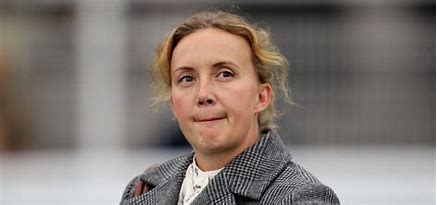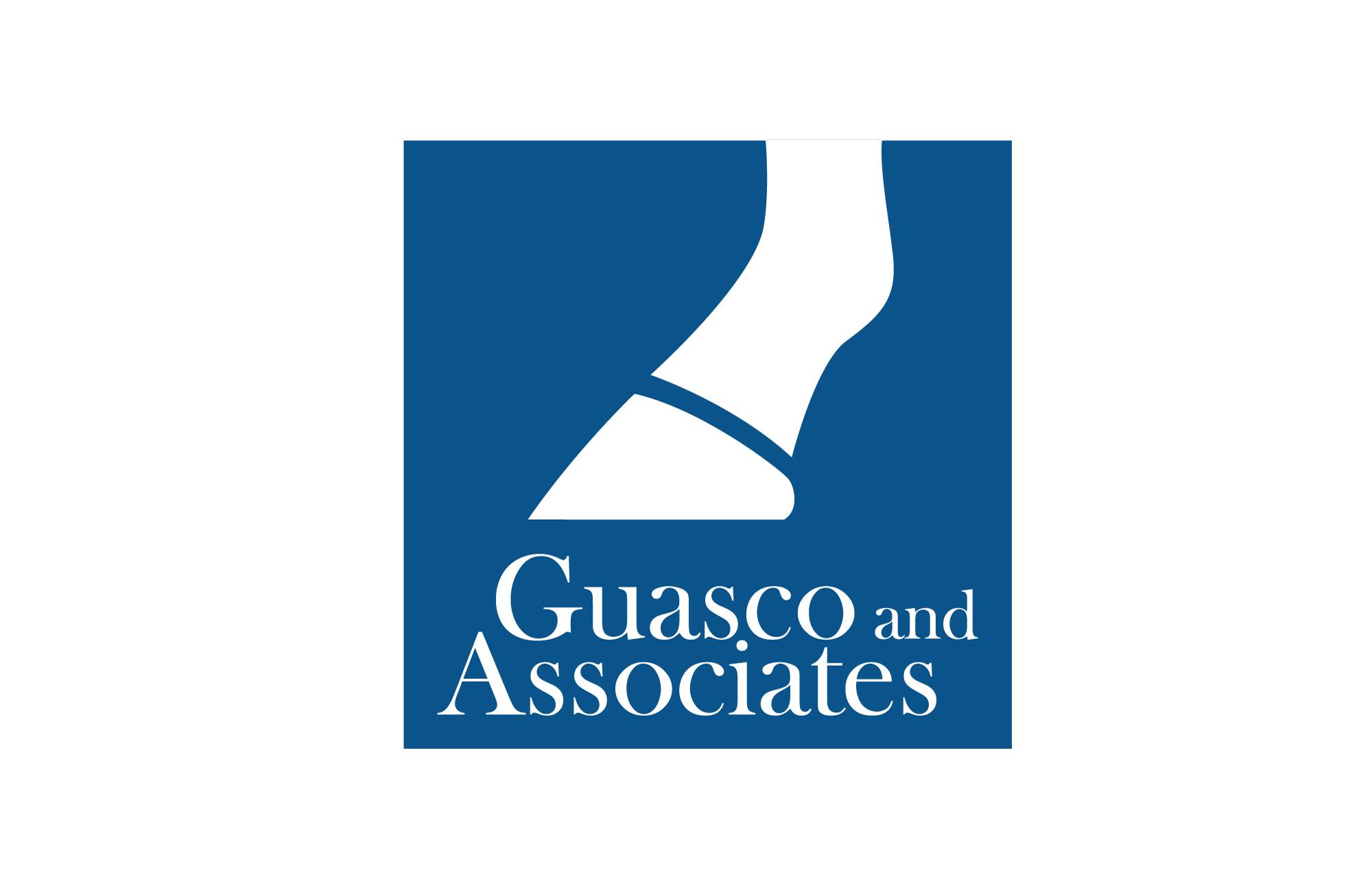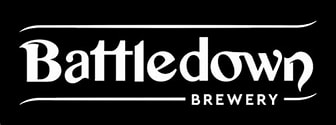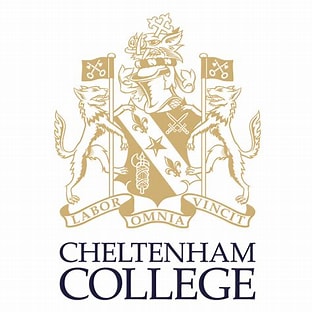Latest News
Is prize money the be-all and end-all?
Gloucestershire trainer Christian Leech, whose wife Sophie holds the licence for their growing operation in Newnham, raised the thorny issue of comparative prize money again this week in an article in the Guardian.
Leech, whose stable enjoyed 9 winners from 100 runners last season, has had as many runners in France as in the UK since the resumption of racing on July 1st, with 60% running into place money.
“It’s a complete no-brainer,” he said on Monday. “We had a horse finish second at Uttoxeter last Thursday, a decent race in terms of quality, and the prize money was £1,000. Of that, we get 5%, which is £50.
“We finished second in a claimer at Clairefontaine on Saturday, which was €3,600 for second place and the prize money share for trainers over here, win and place, is 14%. So that was worth over €500 for a much lesser contest. It’s not even close.”

On financials alone therefore, one is entitled to ask why more trainers aren't campaigning abroad, like their Flat counterparts. Yet, as any Point-to-Point follower will tell you, prize money is only part of the ownership experience. It has to be a small part, when the most you can win is just enough to fill the diesel tank on the lorry!
Willie Mullins is the leading exponent of global racing raids, successfully plundering top Jumps races in France and as far afield as Japan. Willie has a consistent record of success at Auteuil over very many years, yet other British trainers have been reticent to follow suit. Paul Nicholls is largely focused on regaining the British Trainers' Championship, whilst innovative trainers like Philip Hobbs and Nick Williams have pursued valuable bonuses for specialist events like the Crystal Cup.
So why have others been so reluctant to experiment?
Among the reasons cited are the travel arrangements, language barrier, and racing programme. Yet these are largely specious arguments. Travel arrangements involve an export document that can be handled through Weatherbys, like the entry fee; there are plenty of French and Belgian courses that are nearer to southern English counties than Perth; and most French will talk enough English to make you feel at home.
The racing programme is a harder nut to crack. At the top level, trainers will tell you you can either campaign a horse for Cheltenham and maybe Aintree, but not for Auteuil as well. The autumn fixtures are very well endowed at Auteuil, often in quite soft conditions, before the racing circuit decamps to Pau for December-February. Autueil starts again with a programme from late February to early June including events like the Grand Steeplechase de Paris, France's richest Jumps race.
However, in the lower tiers, the racing programmes are highly comparable, with novice, claiming and handicaps for both hurdle and chase divisions. The Leech experience at Clarefontaine is reflected at Dieppe, Craon and Lion d'Angers further south into Mayenne.
French trainers have largely been equally reluctant to travel over for Britain's top races. Francois Doumen, a confirmed Anglophile, enjoyed great success at Kempton and Cheltenham; Guillaume Macaire the same, until he discovered he was compromising one of his best markets for bloodstock sale into the UK, by competing directly against the likes of Paul Nicholls; more recently, Emmanuel Clayeux has succeeded in the cross country genre. But there is no great appetite to compete in tougher races in the UK when the French racing programme suits them well enough at home.
One is left with the inescapable conclusion that for British trainers and owners, money is not a primary reason for running a horse outside the marquee races, and that should be a big encouragement to followers of Pointing, concerned that the fixture list may lack horses to fill it this winter after the Corona virus pandemic has been brought to heel.
In fact, the seamless integration of the Point-to-Point scene into professional racing will be enhanced by the reduction to 28 days of the stipulation disbarring horses in training from racing between the flags having been in training under Rules. This admirable flexibility on the part of BHA can only assist in growing the flow of horses between codes, especially for events like the Barbury International fixture in December.
As to growth in international competition. That may yet have to wait awhile.
Event details
Buy your tickets nowOur Sponsors








.png)









